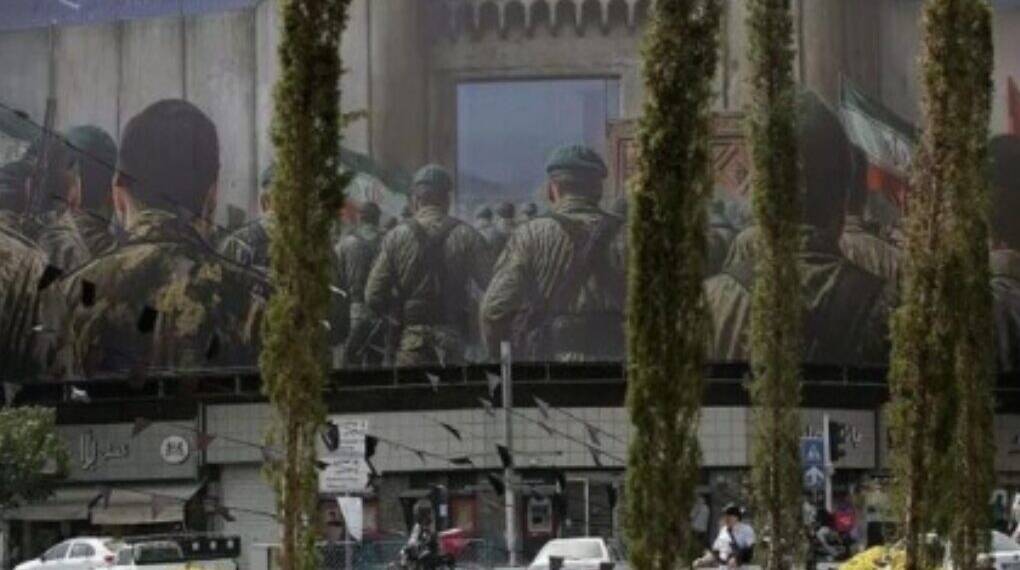As ceasefire lines solidify between Iran and Israel following nearly two weeks of intense conflict, another war is brewing inside the Islamic Republic—one did not fight with missiles, but with arrests, executions, and repression. Under the shadow of an unprecedented Israeli intelligence breach, Iran’s leadership is tightening its grip on civil society in what critics say is a sweeping purge disguised as national security enforcement.
An Internal Siege
In the wake of Israel’s Operation Rising Lion, which claimed the lives of multiple senior Iranian military officials and nuclear scientists, Tehran has responded with force—both outwardly and inwardly. While missiles and retaliatory strikes dominated headlines, the Islamic Republic’s Ministry of Intelligence launched a wave of arrests across the country, targeting over 700 individuals suspected of collaborating with foreign intelligence services, particularly Mossad.
Six men have already been executed for espionage since the conflict began on June 13, with three of them hanged in Urmia just a day after a ceasefire was declared. The charges center on collaboration with Israel and involvement in past operations, including the 2020 assassination of nuclear scientist Mohsen Fakhrizadeh.
While the government insists these actions are defensive measures against an “unprecedented infiltration,” human rights organizations argue they reflect the regime’s strategy of silencing dissent under the guise of national security.
Forced Confessions and Fear Tactics
State-run media aired alleged confessions of detainees, in scenes disturbingly reminiscent of Iran’s long history of extracting admissions under torture. Human rights watchdogs warn that many of those arrested may be dissidents or critics of the regime, swept up in a net cast wide not just for spies, but for anyone expressing dissenting views.
The scale of the clampdown evokes troubling parallels to previous crackdowns, such as the aftermath of the 2022 protests following the death of Mahsa Amini. Then, as now, political dissidents, minority activists, and journalists bore the brunt of the government’s repression. In 2024 alone, Iran executed 975 individuals—its highest in nearly a decade—with many cases tied to political charges, drug offenses, and gender-based violence.
A Shifting Sentiment Among Iranians
The government’s crackdown is not occurring in a vacuum. Public sentiment, both inside and outside Iran, is undergoing a quiet but significant shift. Despite years of state propaganda vilifying Israel, sources inside Iran report that the latest round of Israeli strikes, which killed 387 civilians alongside military personnel, has generated a visceral and genuine anger among the public—this time not just toward the Iranian regime but also toward Israel.
“Iranians feel very critical of their own government because it wasn’t able to defend them,” a source told TIME, “And at the same time, they’re extremely resentful, verging on hatred, toward the Israeli government because of all the civilian deaths.”
This marks a rare and complicated emotional landscape: one where popular resentment is no longer directed solely at Tehran, but also at foreign adversaries, making it difficult for the regime to rally public support through anti-Israel rhetoric alone.
Weaponizing Family Ties
In its tightening campaign against perceived enemies, the Iranian state has also begun targeting journalists abroad by intimidating their families. Iran International, a London-based Persian-language outlet, reported that the IRGC detained the relatives of one of its TV presenters in Tehran, attempting to coerce her resignation through familial blackmail. Such actions point to a chilling trend: using loved ones as leverage in the government’s information war.
International Alarm Bells
The United Nations has echoed growing concerns. A recent report by Secretary-General António Guterres condemned the rising number of executions, disproportionate targeting of minorities, and erosion of basic freedoms. The UN confirmed that 31 individuals were executed for national security-related offenses in 2024 alone—a number likely to rise amid the current sweep.
Deputy human rights commissioner Nada Al-Nashif called on Iran to immediately halt executions and allow independent investigations into alleged abuses. But Iran has so far denied international monitors access, even as it continues to trumpet its “relentless battle” against Western intelligence networks.
Espionage or Excuse?
At the heart of the crackdown lies an open question: Is Iran truly dismantling a deeply embedded Israeli spy network, or is the regime exploiting wartime paranoia to eliminate dissent?
Analysts remain divided. While credible reports confirm Mossad’s involvement in high-level assassinations and deep infiltration of Iranian intelligence services, the breadth of the arrests—targeting activists, journalists, and minority groups—suggests political motives as well.
Regardless of the truth, the implications are stark. In the name of defending national sovereignty, Iran may be undermining the very cohesion it claims to protect. As it scrambles to patch intelligence breaches and reassert control, it risks deepening internal fractures and stoking further unrest among an increasingly disillusioned population.
Also read: How Mossad ‘Black Lady’ Gained Access to Iran’s Supreme Leader?
A Dangerous Balancing Act
Iran stands at a volatile crossroads. Its military and intelligence establishments are wounded by Israeli operations. Its leadership is besieged by internal mistrust. Its people are caught between national trauma and institutional repression. And its global image—already stained by human rights abuses—is darkening further.
In the long run, Iran’s greatest threat may not come from foreign agents, but from the growing alienation of its own citizens, who are demanding transparency, dignity, and justice. Whether the regime will address those demands—or continue its punitive course—remains one of the defining questions of the post-ceasefire era.








